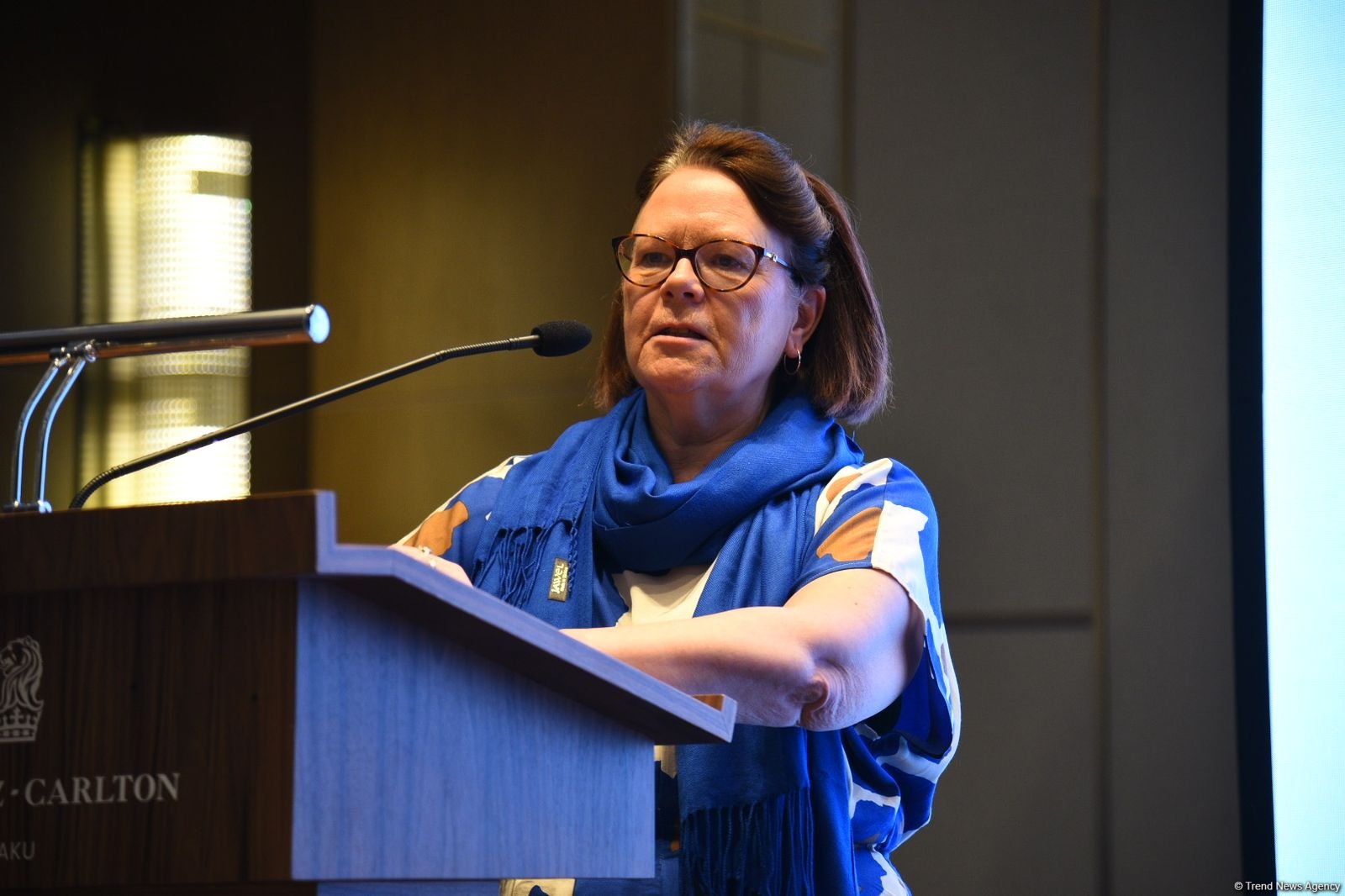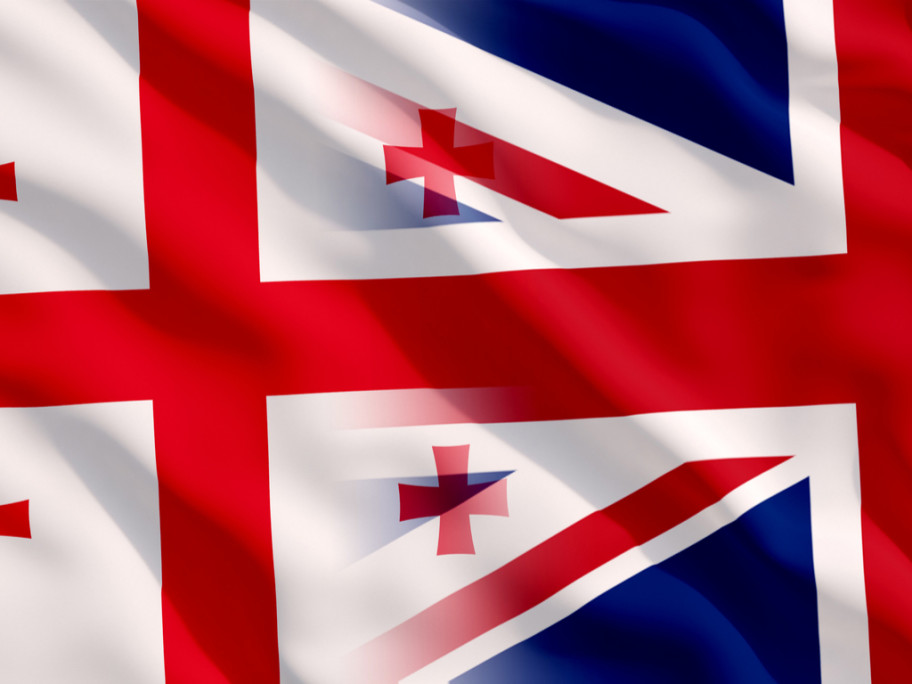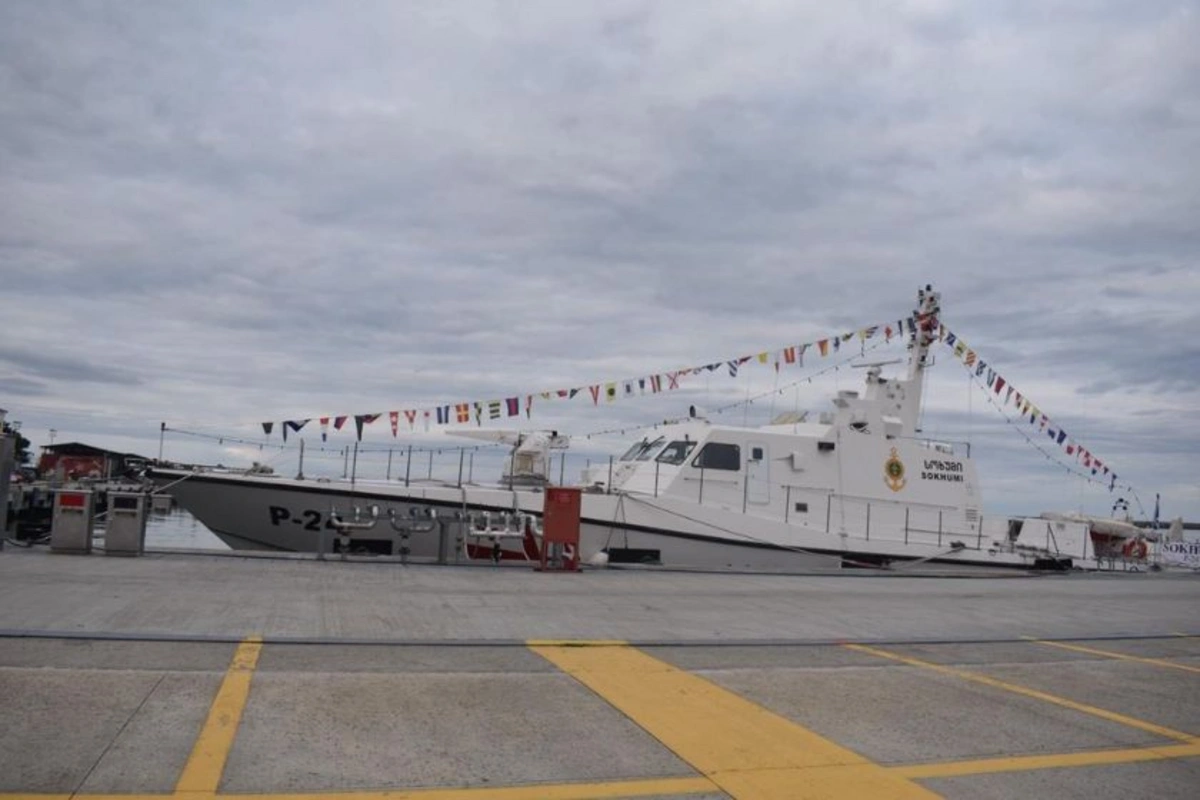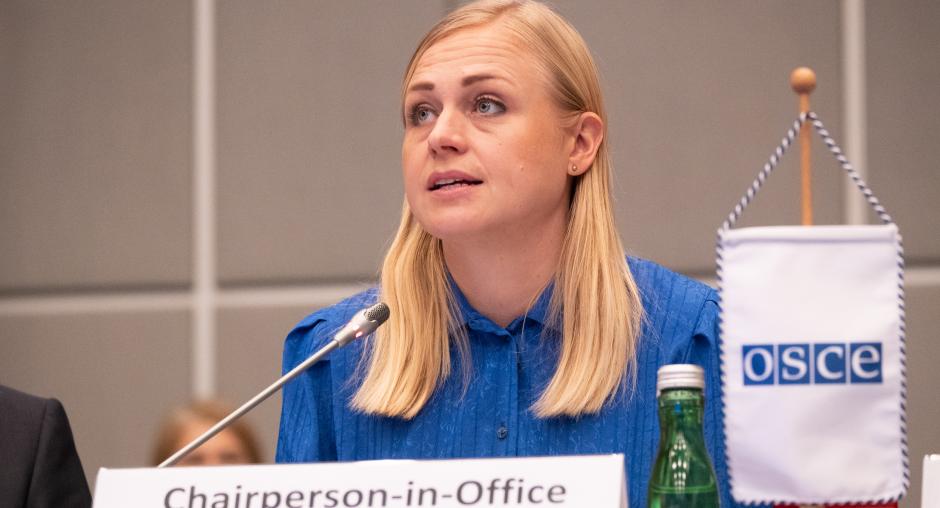"The agreement reached to end Nagorno-Karabakh definitely shows the sign of a lack or much lower US level of activity and interest in the South Caucasus," Matthew Bryza, a former US Deputy Assistant Secretary of State for Europe and Eurasia, said in an exclusive interview with "Europe Time".
He recalls the period of working at the White House when he spent a long time preparing the background information and talking points for President George W. Bush's meeting with the leaders of Azerbaijan and Armenia, Robert Kocharian and Heydar Aliyev. Bryza says that then the issue could not have been resolved without the US, and it is a shame now that the United States has failed to play an active role.
According to him, during the clashes between Azerbaijan and Armenia in July, it was clear that the United States and France were not going to play an active role in helping to bring down tensions between the two sides.
As Matthew Bryza said, these countries were not fully active. As a result, Russia and Turkey took over the role.
In the end, it was decided that peacekeeping forces from Russia and Turkey would be deployed on the ground-a fact that the American diplomat called very important, for he believes that Turkey, as a NATO member and NATO’s second-largest army, on Azerbaijani territory, will help to counterbalance Russia.
The Nagorno-Karabakh Peace Agreement, which was signed on November 10, is based on principles proposed by the Minsk Group in 2007.
He said the United States, Russia, and France helped Azerbaijan and Armenia in the negotiation process, which had been preliminarily agreed upon by their leaders, but subsequently, they had failed to finalize all the details of the basic principles.
As a former spokesman for the Bush Administration stated, the version of this agreement provided for the return to Azerbaijani control of all seven Azerbaijani districts surrounding Nagorno-Karabakh that Armenia was then occupying; in exchange, Armenia would gain an "interim legal status" and eventually a final legal status that would be determined by a vote of the residents of Nagorno-Karabakh. Bryza noted this could not and would not have happened without US participation in the past.".. But it is a shame the US is not active now, in the present, in mediating the Nagorno-Karabakh conflict. "
In an interview with Europe Time, Matthew Bryza mentioned Mike Pompeo's visit and said that the United States’ message is to help strengthen Georgia's democracy at the same time. He believes that the government, opposition, and NGOs should work together in this direction.
During Mike Pompeo's visit, US Ambassador to Georgia, Kelly Degnan, explained to journalists why the Secretary of State did not meet with the opposition. She said that everyone, in particular the opposition, needs to do hard work after being elected to participate in parliamentary life and focus on the reforms they want to work on, especially on electoral reforms.
As the Ambassador noted, the Secretary of State believes that it is important to use the mechanisms of democracy that exist and work on their improvement. The latter is the most important factor for US officials.
According to Matthew Bryza, both US Ambassador Kelly Degnan and Secretary of State Mike Pompeo realize that the latter's decision not to meet with the opposition was quite unpopular with the Georgian opposition. It was like Mike Pompeo was meeting with NGO leaders. He added, however, that the stay of Deputy Assistant Secretary of State Philip Reeker in Tbilisi to meet the opposition was a particularly important step, as was Mike Pompeo's meeting with Georgian NGO leaders.
To summarize, the message from the United States is to help strengthen Georgia's democracy. America believes that the government, the opposition, and NGOs should work together in this direction.
I don’t know what the purpose was of Secretary Pompeo’s visit to Georgia, but I always think, under all circumstances, it is great for the US Secretary of State to visit Tbilisi to underscore that despite the political crisis and the deep polarization between the opposition and the government, the United States wants to help the Georgian people strengthen their democratic institutions.
At the same time, the visit underscores the United States' enduring support for Georgia's efforts to deepen its ties to NATO, "the US diplomat said.








